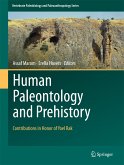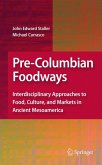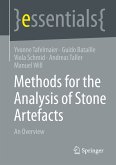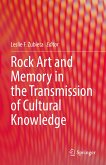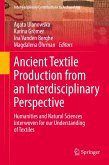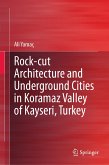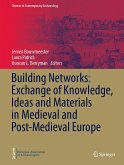This volume presents an overview of methodologies to identify and study foodways in the archaeological record. It also includes definitions, information, and examples for students and professionals to understand the basic analytical approaches, methods, and themes critical to archaeological studies of foodways. One of the main goals of this book is to show that foodways can help us better understand many aspects of a culture and can be studied from the material culture recovered from archaeological sites. It is important to stress that foodways are, and should be, studied by more than zooarchaeologists and paleoethnobotanists. Foodways encompass the biological and cultural need for sustenance, and thus are a research area that incorporates a multitude of artifact types, analytical specialties, and research questions.
Foodways are a tangled web of ideas and behaviors that structure diet, subsistence strategies, cuisines, and the use of food to express identity. While foodstuffs are primary components to foodways, the consumption of material foods is inherently social. Food, dishes, and cuisines are expressions of the people, culture, and time in which they are created. Foodways Archaeology is devoted specifically to the archaeological study of the intersection of food, culture, history, and traditions as viewed in the archaeological record.
Foodways are a tangled web of ideas and behaviors that structure diet, subsistence strategies, cuisines, and the use of food to express identity. While foodstuffs are primary components to foodways, the consumption of material foods is inherently social. Food, dishes, and cuisines are expressions of the people, culture, and time in which they are created. Foodways Archaeology is devoted specifically to the archaeological study of the intersection of food, culture, history, and traditions as viewed in the archaeological record.



